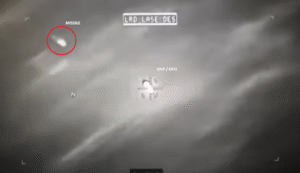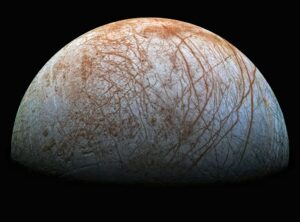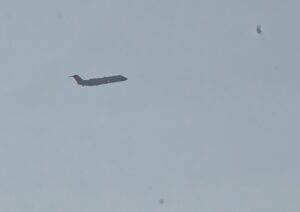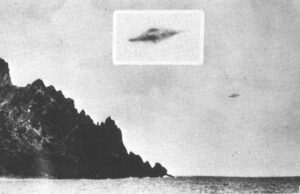What classes do I need to take to become a physicist?
Please note that Physics 18L is a pre-requisite for all Physics 180 laboratories (except 180N and M180G). Three additional upper division elective courses; recommended courses (especially for those intending to pursue graduate careers in Physics) include: Physics 108, 114, 117, 122, 124, 126, 128, 132, 140A, 140B, 150.
What special studies courses can I take for a physics major?
Special studies courses (Physics 199) may be applied towards the major upon departmental approval. The Major in Physics (B.A. Degree) required courses: Please note that Physics 18L is a pre-requisite for all Physics 180 laboratories (except 180N and M180G). (Total: 40 units).
physics uclan
What does UCLan stand for?
A leading astrophysicist from the University of Central Lancashire (UCLan) has joined experts from across the world to publish a seminal new book exploring star formation rates in galaxies.
physics ucl msci
What is medical physics like to study?
Most medical physics classes are small (fewer than 35 students) providing you with an informal, interactive teaching environment in which you can easily raise questions. The programme is accredited by the Institute of Physics (IOP) providing the first step to chartered physicist status. This programme is accredited by the Institute of Physics.
How do I apply to teach at UCL?
Applicants currently at school or college will be provided with advice on the process; however, applicants who have left school or who are based outside the United Kingdom may obtain information directly from UCAS. Shortlisted candidates will be invited to visit UCL and tour the two departments in which your teaching will take place.
What qualifications do I need to study at UCL?
In addition to A level and International Baccalaureate, UCL considers a wide range of international qualifications for entry to its undergraduate degree programmes. UCL is committed to widening access to higher education. If you are eligible for Access UCL you do not need to do anything in addition to the standard UCAS application.
physics units list gcse
What units do you have to know for Science GCSEs?
You have to know six of them for the science GCSEs, as described below: All other physical quantities can be represented by combinations of base units which are called derived units . Examples of derived units include m 2, m 3, kg/m 3 and m/s 2.
What is a physical quantity GCSE science?
A physical quantity is anything that can be measured and represented by a number. Base units are the fundamental measures that are used to describe all physical quantities. You have to know six of them for the science GCSEs, as described below:
What are the 7 units of measurement in physics?
There are seven base units used in physics from which all the others can be derived: Base units are the metre, kilogram, second, ampere, kelvin, mole and candela. Derived units include metres per second and kilograms per cubic metre. 3. Unit Prefixes.
What’s assessed in Paper 2 of Physics GCSE?
Paper 2: What’s assessed. Topics 5-8: Forces; Waves; Magnetism and electromagnetism; and Space physics. Questions in paper 2 may draw on an understanding of energy changes and transfers due to heating, mechanical and electrical work and the concept of energy conservation from Energy and Electricity.



